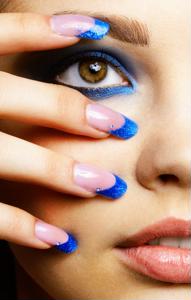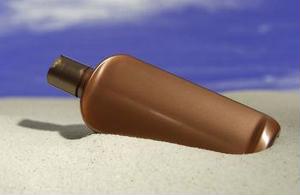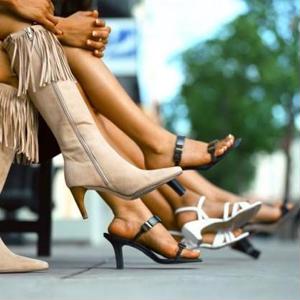
Researchers at the Cancer Prevention Institute of California recently found that nail salons have alarming levels of airborne volatile organic compounds, which may be toxic and pose serious health risks for nail technicians and employees.
Published in the American Journal of Public Health, the study revealed that the air in many nail salons contains more than double the amount of toluene deemed safe by the California Environmental Protection Agency.
“Many workers are experiencing health symptoms related to the chemicals we measured in this study,” said lead author Thu Quach.
As a result of these findings, advocacy groups in California have begun asking legislators to implement policies that would protect the health of salon workers.
The cosmetic industry is rife with dangerous chemicals that are marketed as being safe and effective. For example, skin lightening chemical hydroquinone is still somewhat prevalent in fade creams for African Americans, despite its possibly carcinogenic effects.
This study suggests that consumers should seek skin care products made with natural ingredients in an effort to cut back on their exposure to potentially harmful chemicals, such as toluene and hydroquinone.









